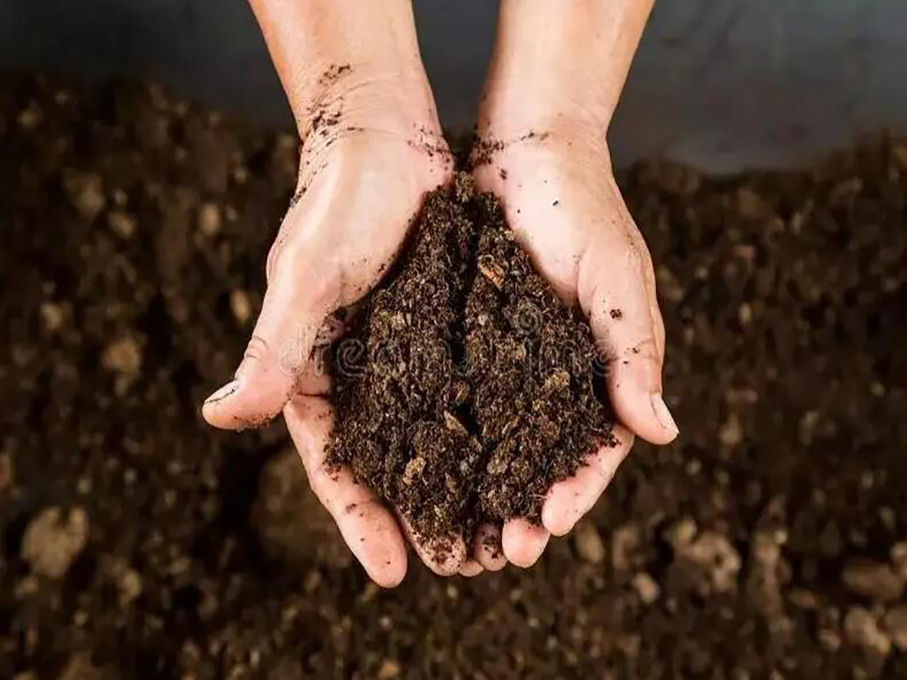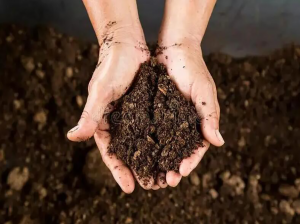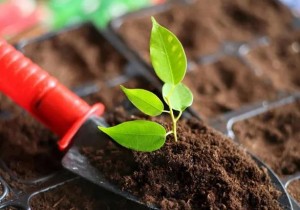Innovative Application of Potassium Monopersulfate Compound – Soil Treatment
Soil Treatment - a new application of PMPS
Perennial continuous farming and the use of large amounts of unsterilized manure and organic manure lead to soil problems. These problems cause serious crop recrop and various diseases, which affects crop growth, and even lead to crop failure.
Potassium monopersulfate compound could degrade organic pollutants in soil, decompose and destroy the structure of toxic organic matter, so that harmful substances could be removed from the soil or groundwater, or could be converted to non-toxic/low toxic substances. In this way, the contaminated soil could be treated and repaired, and realize the in-situ remediation or ectopic remediation.
Potassium monopersulfate compound could also degrade the pollutants that are harmful to the environment and difficult to be degraded by biological method, such as polychlorinated biphenyls (PCBS), polycyclic aromatic hydrocarbons (PAHs), pesticides, herbicides, dyes (such as malachite green, etc.), algal toxins and other pollutants.
At present, there are three common types of soil remediation technologies:
(1)Physical remediation technologies, including ventilation decontamination, heat treatment, etc.
(2)Bioremediation technologies, including phytoremediation, microbial remediation, etc.
(3)Chemical remediation techniques, including vacuum separation, steam stripping, chemical cleaning, chemical oxidation, etc.
Physical remediation technology not only consumes a lot of human and material resources, but also cannot fundamentally deal with antibiotics in soil.
Nowadays, microbial metabolism as a kind of bioremediation technology is mainly to remove soil pollutants. However, because antibiotics inhibit microbial activity, this technology is difficult to achieve bioremediation in antibiotic-contaminated soil.
Chemical remediation technology can remove pollutants by adding oxidants to the soil to react with pollutants in the soil. Compared with traditional physical remediation and biological remediation technology, chemical remediation technology has obvious advantages such as convenient implementation and short treatment cycle, especially in the treatment of antibiotics in soil.
Potassium monopersulfate is not only stable in structure, easy to transport and cost-effective, but also can be activated to produce sulfate radicals with stronger oxidation capacity and a wider range of pH adaptation. In recent years, the method of environmental remediation by activating potassium monopersulfate to produce sulfate radical has been widely studied.
Natai Chemical in Soil Treatment
Over the years, Natai Chemical has been committed to the research and development, production and sales of potassium monopersulfate compound. At present, Natai Chemical is developing the use of PMPS on soil treatment as well. We welcome customers to try to use our products, and also welcome industry pioneers to discuss and cooperate with us.




